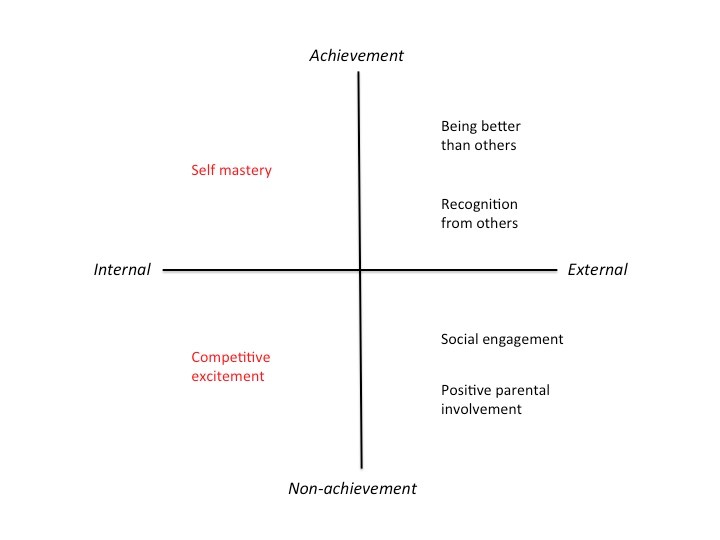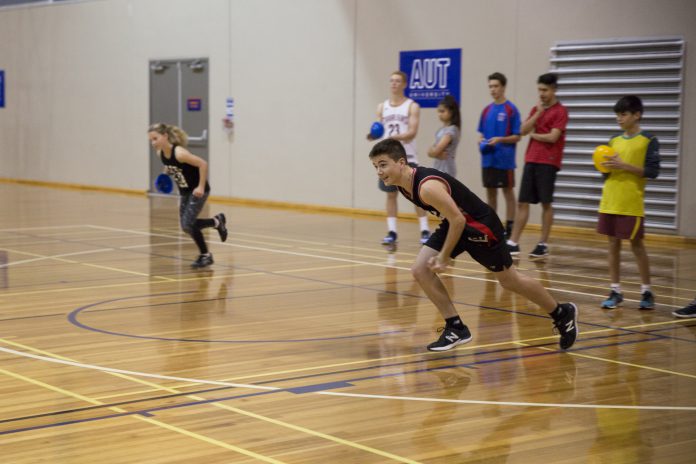What is fun? And why is it so important?
Enjoyment is the number one reason athletes play sport. Yet creating an environment that is enjoyable and fun is largely left to chance, rather than meticulously fostered.
I know what you’re thinking, children need enjoyable experiences in their early years to ignite their passion for sport. You’re absolutely right.
However, as they move into their teenage years and things get more ‘serious’, there is a belief that athletes need to prioritise other things like commitment, dedication and mental toughness to ensure that they keep getting better.
This is simply not true. Regardless of ability and playing level, research shows that enjoyment remains the most important factor for motivated behaviour and sustained involvement in sport.
This is not to say that these other things are not important, they absolutely are. But when it comes commitment, for example, enjoyment is its key predictor.
What is enjoyment?
People can experience enjoyment in many different ways. Enjoyment is best defined as:
‘”…a positive emotional response to the sport experience that reflects generalised feelings such as pleasure, liking and fun”.
How does the youth athlete experience enjoyment?
It’s clear that enjoyment is critical to a youth athlete’s sporting experience.
But in order to foster enjoyment you need to appreciate exactly what youth athletes find fun about sport.
The figure below illustrates the sources of enjoyment for athletes aged 12-18 years you should be paying attention to. The most important sources are highlighted in red.
 Figure 1. Important sources of enjoyment for athletes aged 12-18 years.
Figure 1. Important sources of enjoyment for athletes aged 12-18 years.
The two most important sources of enjoyment
- Self Mastery
Athletes enjoy the feelings associated with self-improvement. This means they really love being the best they can be.
Self mastery happens best when the skill level of an individual and the challenge of a task are sufficiently balanced.
- Competitive Excitement
This is NOT about winning, but the challenges that competition creates. It’s about athletes giving their very best and playing hard during competition.
Competitive excitement can happen during friendly games when the score doesn’t matter. Think about that for a minute.
Other important sources of enjoyment
- Social engagement
Youth athletes consistently report that one of the main reasons they play sport is to hang out with their peers.
However, in many competitive programs opportunities for athletes to engage socially are frequently limited to time away from practice or competition.
This may be to the detriment of the youth athlete, particularly at a time when social development is so critical.
- Positive parental involvement
Positive encouragement, support, acceptance and game attendance increases sport enjoyment for youth athletes.
However, the key word here is positive.
A parent who crosses the line from encouragement and support, to excessive pressure to succeed, is one of the main reasons youth athletes disengage from sport.
The least important sources of enjoyment
- Being better than others, and gaining recognition from others.
Youth athletes place the least amount of value on a sense of achievement that is derived from being better than others, or through social recognition.
A very interesting fact when you consider that most of our youth sporting systems are set up to promote exactly that.
Prioritise enjoyment for best results
Sporting experiences prioritised for enjoyment keep youth athletes involved and give them the best chances of learning faster and increasing their performance.
And finally, it’s also essential to remember that competitive situations can be enjoyable for youth athletes when the process of competition, rather than the outcome, is emphasised.






































